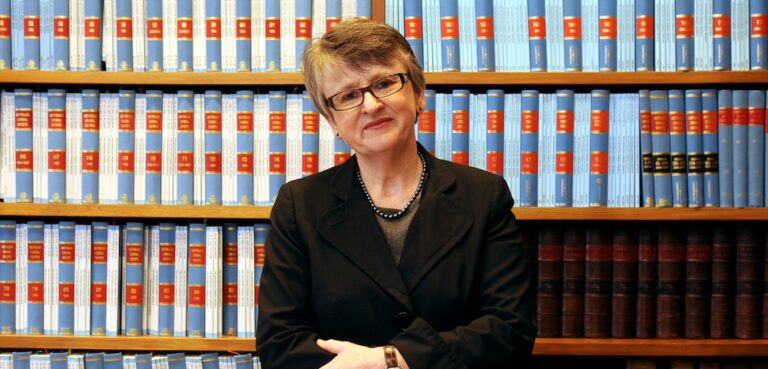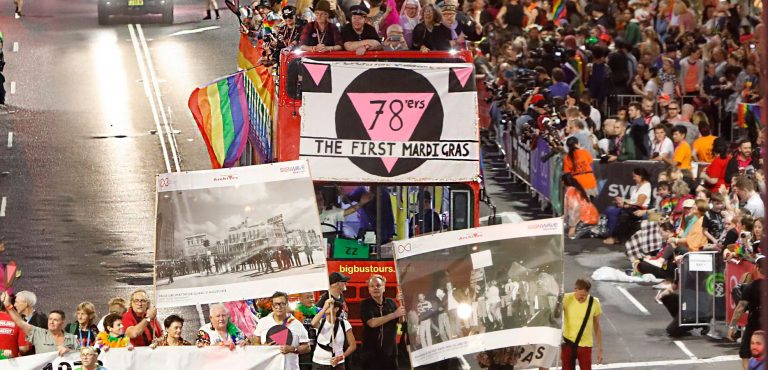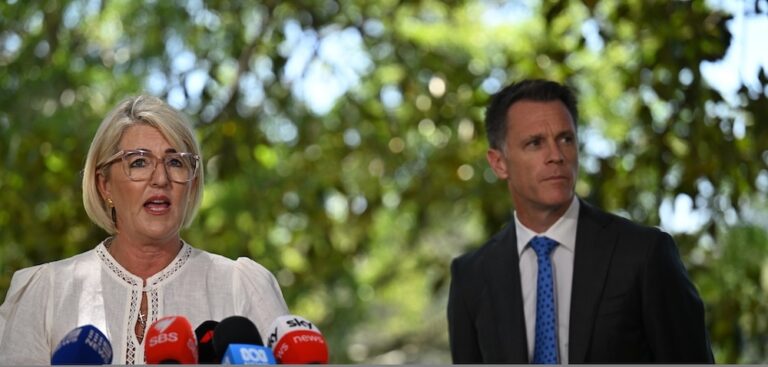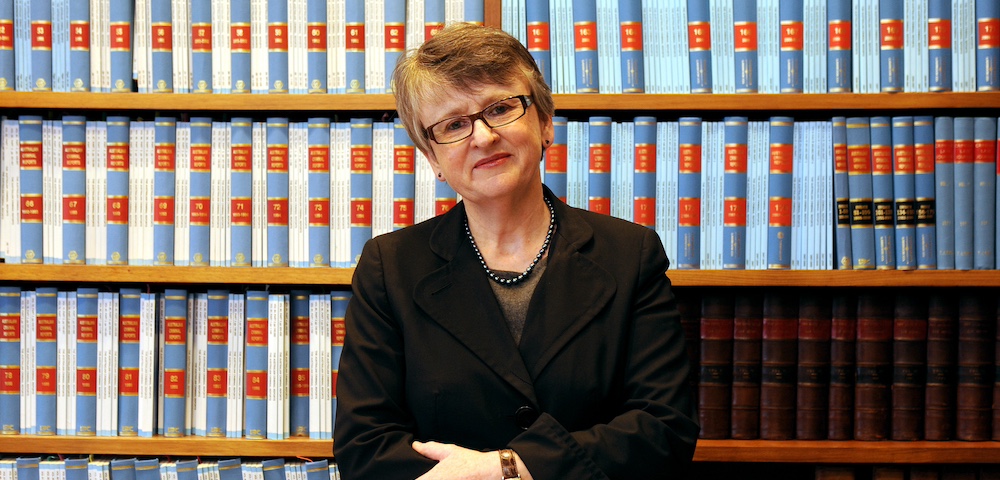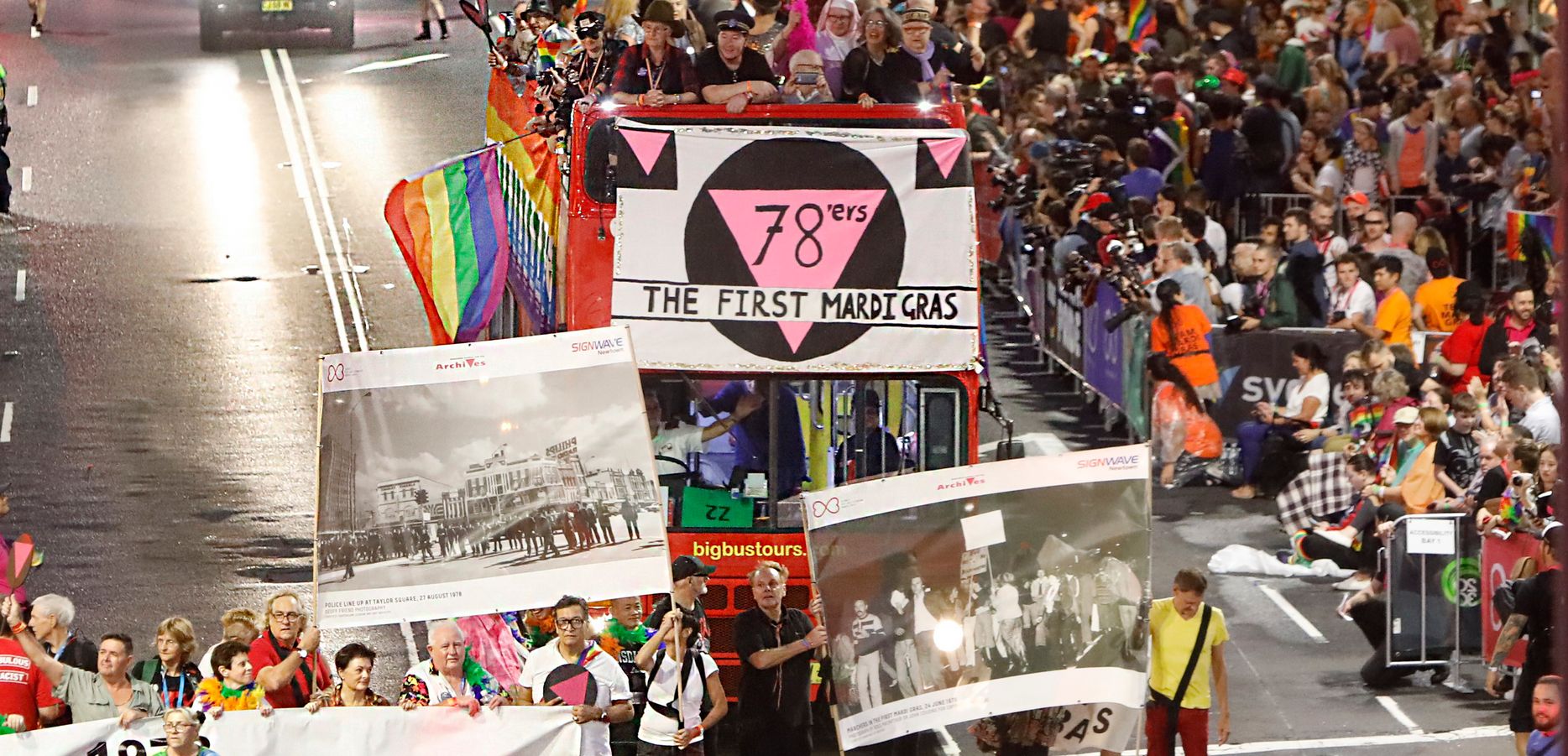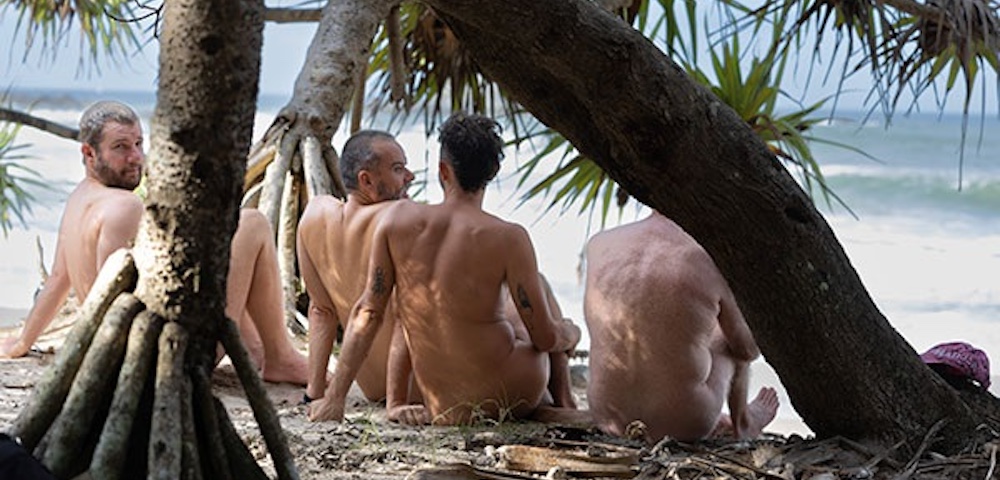
Motivational interviewing
For those people who experience problems with their drug use, the interventions that are usually discussed involve treatment centres (such as residential rehabilitation) or the use of other drugs (such as methadone or naltrexone). For many people this sort of treatment is not always necessary and increasingly people are turning to a variety of counselling options that may be able to assist them with their drug problem.
One of the most frequently used counselling tools is motivational interviewing. Motivational interviewing, developed in the US to fight alcohol dependence, is a way of talking to people about things they are sensitive about that avoids confrontation. It focuses on hopes and aspirations for career and life, and the potential problems, such as addiction, that could affect their life. It is about encouraging people to explore what they think might be problematic, in an atmosphere that makes it more likely that change will take place.
Researchers in the UK have now developed lifestyle counselling, which allows teenagers to come to their own understanding of the dangers of addiction -“ that it might ruin their romantic, sporting or career chances and could become part of everyday life. This counselling is an adaptation of motivational interviewing as a way of preventing young people becoming dependent on drugs.
Initial trials with 200 people aged 16 and over who had a history of poor academic success, low self-esteem and drug-using peers have come up with some startling results. After a brief motivational interview session there were significant reductions in smoking (down around a quarter), drinking (down around a third) and cannabis use (down two-thirds). The positive effects had worn off after 12 months, but those who had the intervention were still twice as likely as a comparison group who had no interventions, to give up using one or more substances.
The research appears to work particularly well with the teenagers who had been least likely to respond to drug prevention schemes in the past, and it gave them the tools to question whether the consequences of drug use were acceptable to them. Researchers hope that regular motivation interviews followed up by booster sessions will become as common a feature of teenage life as careers guidance or a dental check-up.
During the 60-minute sessions young people are encouraged to talk about the substances they use. They discuss what they like and dislike about the habit, be it cigarettes, cannabis or alcohol. Dislikes, such as hangovers and the negative effect this could have on life, are explored.
This type of counselling is now used more and more and has had great success. If you have a problem around drug use that you feel you need to talk about, call the Alcohol and Drug Information Service on 9361 8000. They will be able to refer you to an appropriate service or, at the very least, just spend a bit of time discussing your concerns.
Remember: if you do not want any negative consequences, do not use the drug and, no matter how many times you have used a substance, never be blas?/p>

